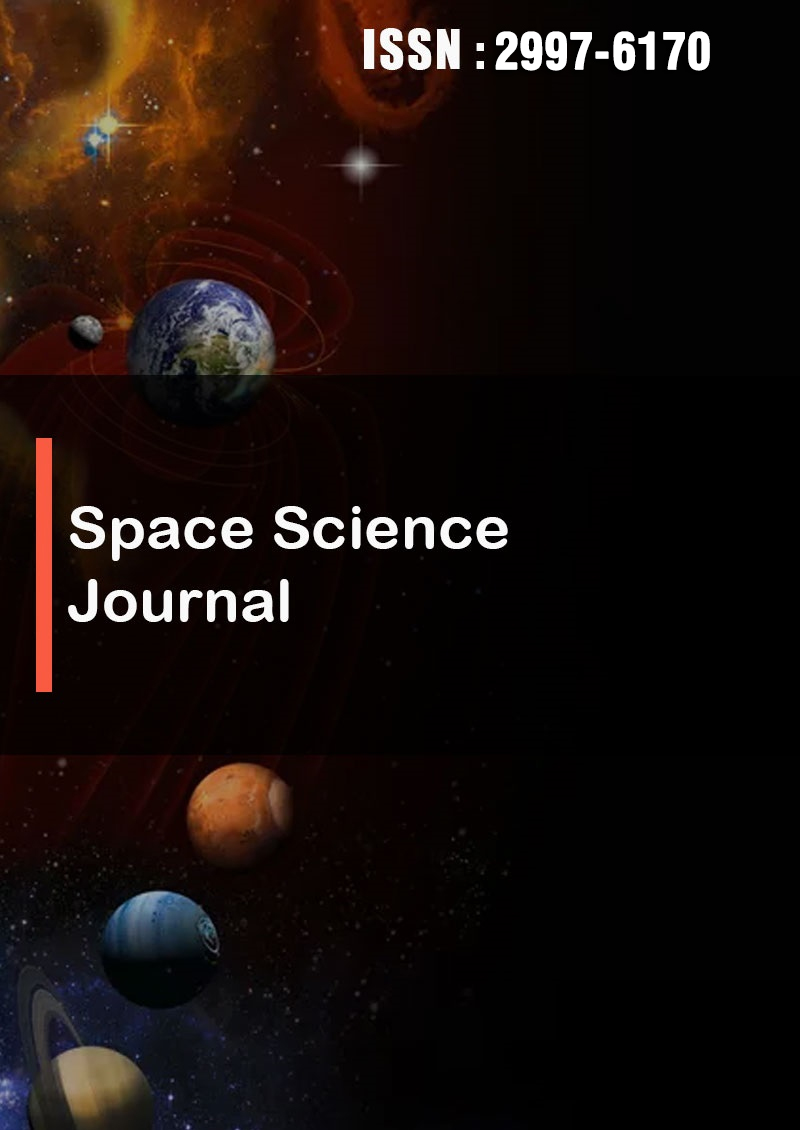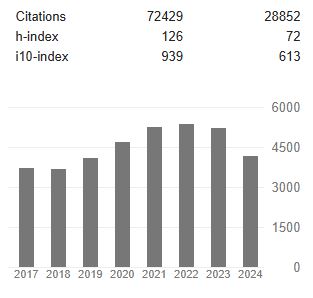Application of GIS and Artificial Intelligence in Military Operations: Prospects and Challenges
Abstract
Ezra Chipatiso
Geographic Information System (GIS) and Remote Sensing have been considered significant in the military due to their spatiality in nature. Recent military developments have seen various military institutions depending on spatial mapping tools, for the purpose of command, control, communication and coordination in military operations. In this study, the qualitative- analytical method was used to illustrate the applications of GIS in military operations, drawing lessons from land based military developments from selected studies. An online survey was conducted to extract information from a sample of forty (40) students undertaking War Studies at the University of Zimbabwe, who were conveniently selected for the study. In-depth interviews were also done with two (2) military experts from the university. Data collected was analyzed using descriptive statistics and qualitative interpretation of recent developments in military GIS. The benefits of GIS and machine learning in military operations included access to information; improved data management; information dissemination; improved terrain analysis; object, target or pattern recognition; quick data processing algorithms; autonomous systems; and predictive analysis. The study also notes some challenges associated with GIS and machine learning in military operations include expensive to set up which constituted of respondents; training requirements; cyber-security; software issues; offensive in nature, as well as misinterpretation of situations. The study recommends the need for human-AI collaboration and the development of a regulatory framework at national, regional and international level in ensuring sustainable implementation of GIS technology in military operations.




